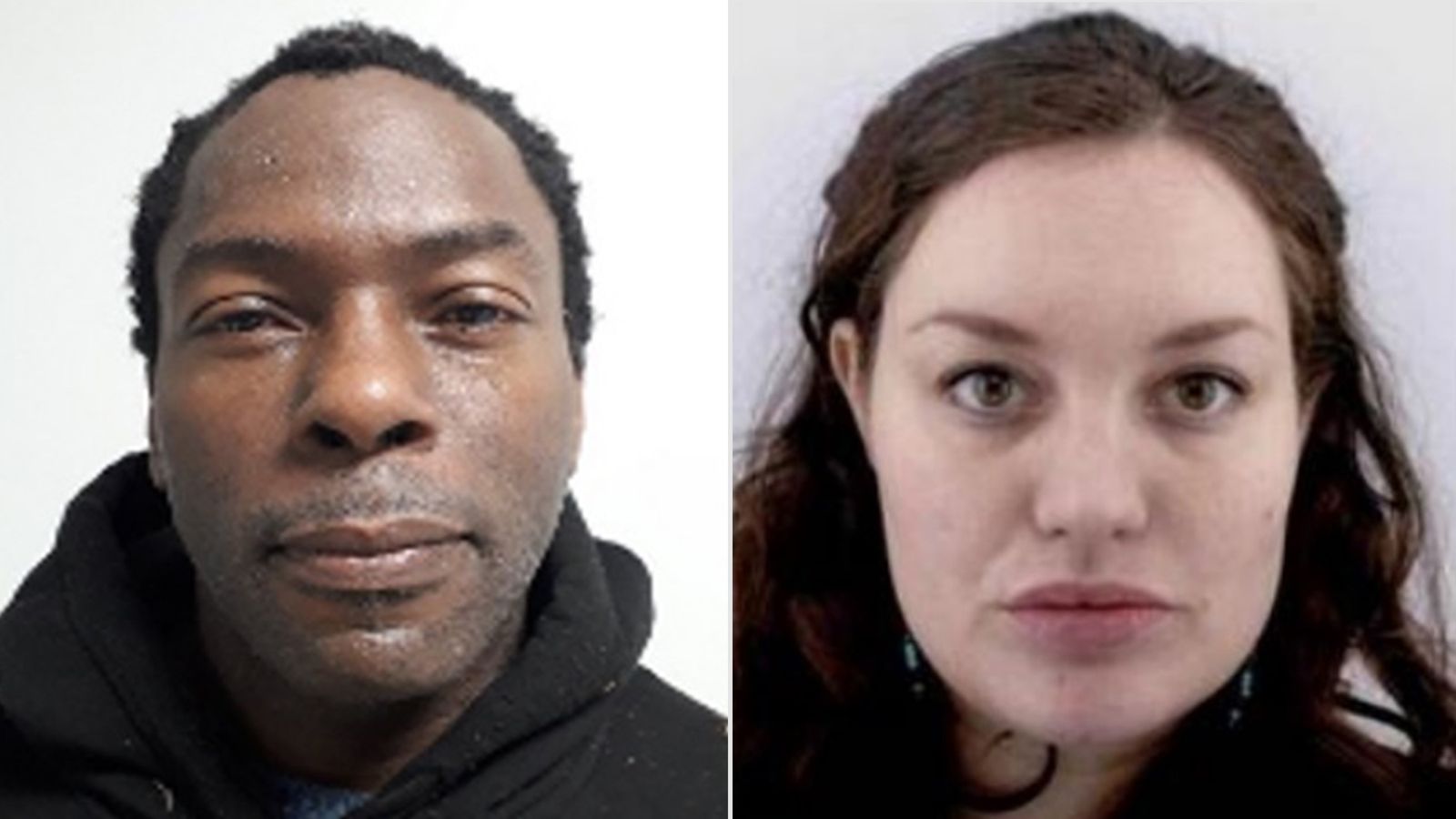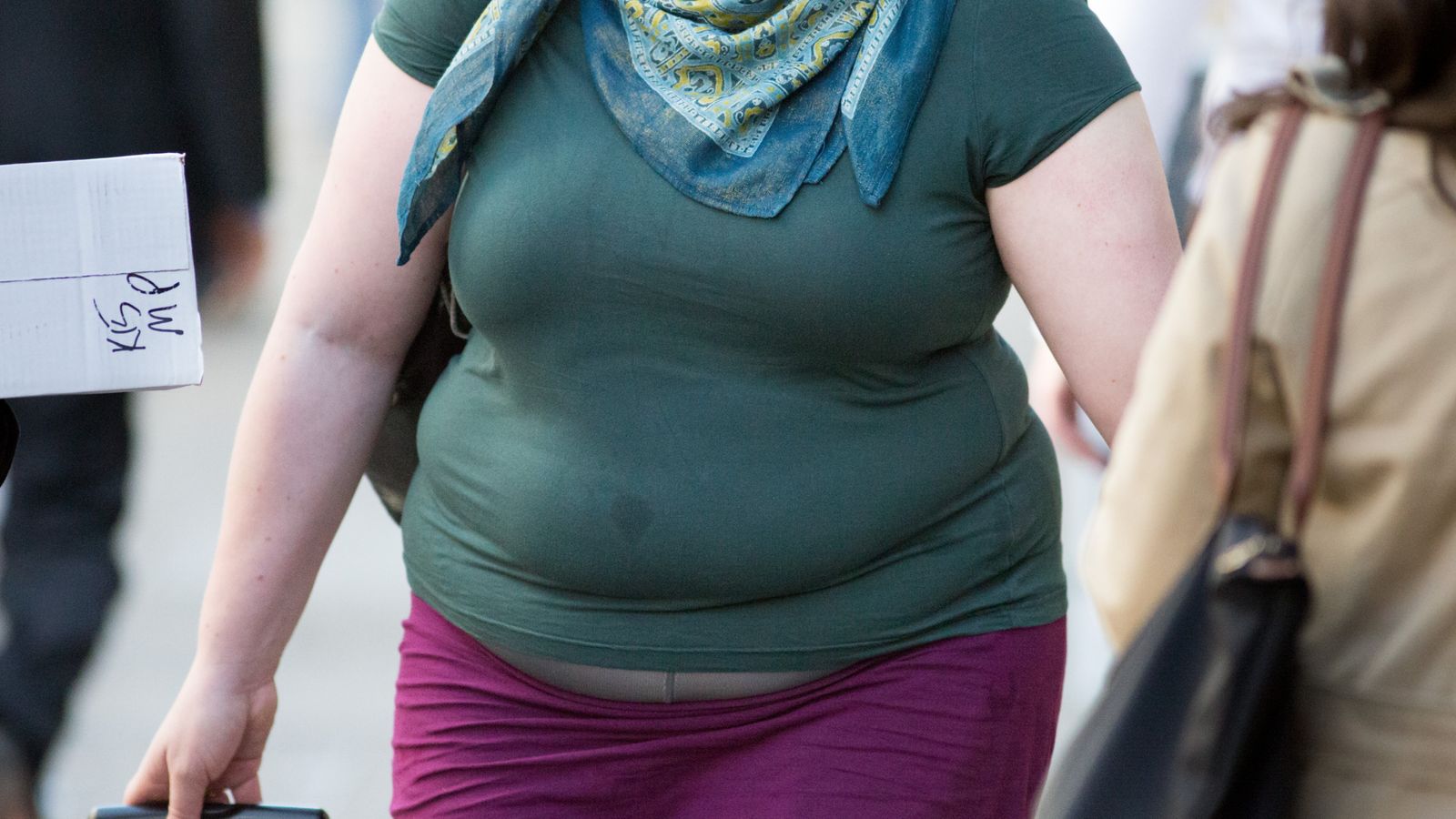Hearing loss and other auditory problems may be strongly linked to coronavirus, new research suggests.
Scientists estimate 7.6% of people infected with COVID-19 experience hearing loss, while 14.8% suffer tinnitus. They also found the prevalence of vertigo was 7.2%.
The researchers, from The University of Manchester and Manchester Biomedical Research Centre, compiled data from 24 studies that identified an association between coronavirus and auditory and vestibular problems.
The vestibular system includes parts of the inner ear and brain that process the information involved with controlling balance and eye movements.
“If it is correct that something between 7% and 15% is having these symptoms, that’s something we should take very seriously,” Professor Kevin Munro, director of the Manchester Centre for Audiology and Deafness, told Sky News.
“There are big implications for clinical services if this means there could be a big increase in the number of people coming forward.”
Hearing problems can be caused by other viruses – including measles, mumps and meningitis – which damage sensory cells in the inner ear.
It is not known why COVID-19 can cause these issues and researchers believe a wide variety of people have been affected.
“There are some people who say the symptoms are ongoing. There are others who say it seems to have settled down a bit so there are lots of unknowns right now,” Prof Munro said.
Paul Johnson, 53, was admitted to hospital in December with coronavirus and has had tinnitus ever since.
“It is a persistent, very high-pitched whistle that you hear,” he told Sky News.
“Something that I could liken it to would be if you have water running through a pipe, going through a valve, but you turn it just slightly so you get a sort of ‘shh’ – a whistle sound, but it’s a much higher frequency than that.”
Mr Johnson first noticed the noise two weeks before he was admitted to hospital. He says it has become more prominent since.
Subscribe to the Daily podcast on Apple Podcasts, Google Podcasts, Spotify, Spreaker
“You do notice it very much at night, when there’s no noise surrounding you, there’s no noise in the background, the TV’s off, and you’ve got this constant whistling noise,” he said.
“I think at the moment I would regard it as manageable. I can’t say it keeps me awake but I certainly hope it doesn’t get any louder or any more noticeable.”
The researchers’ data primarily used self-reported questionnaires or medical records to obtain coronavirus-related symptoms, rather than the more scientifically reliable hearing tests.
They are now conducting a more detailed clinical study which they hope will accurately estimate the number and severity of COVID-related hearing disorders in the UK.




